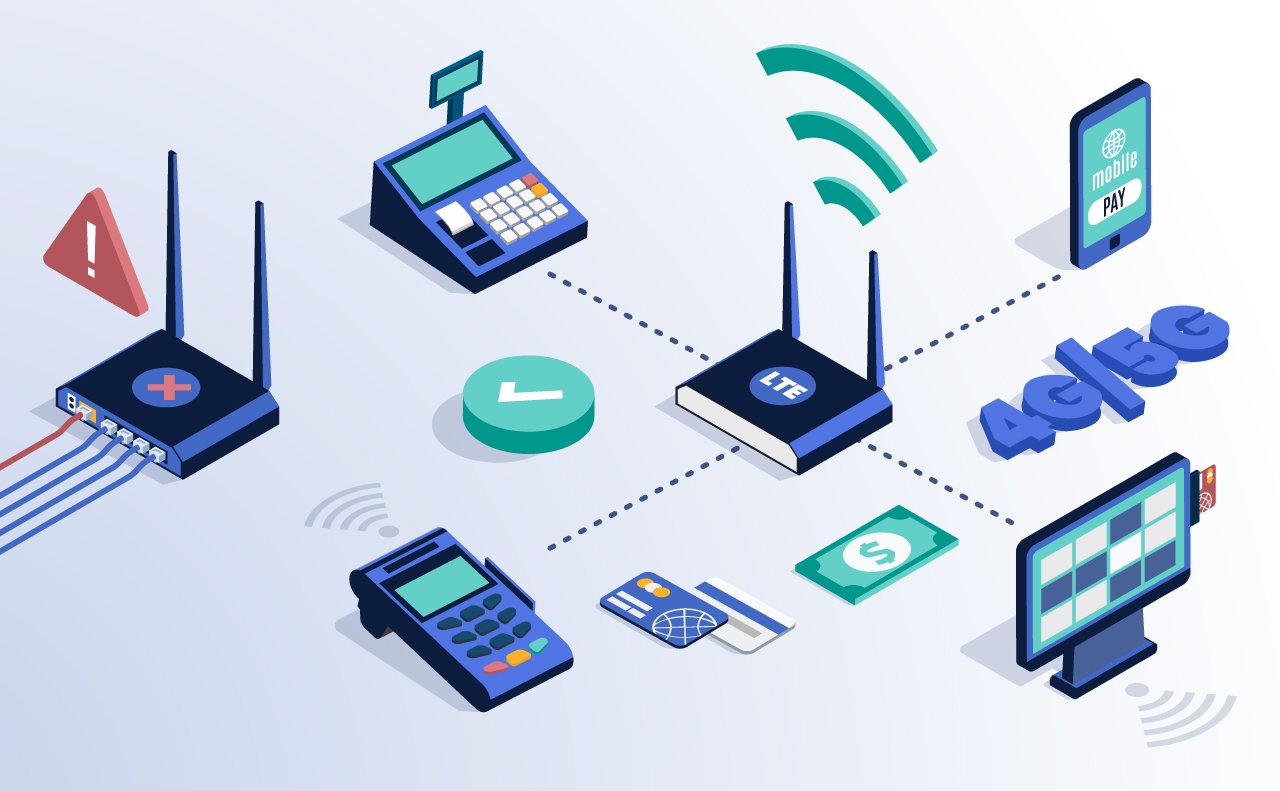
- February 2026 (1)
- January 2026 (2)
- December 2025 (2)
- November 2025 (2)
- October 2025 (3)
- September 2025 (3)
- August 2025 (3)
- July 2025 (2)
- June 2025 (3)
- May 2025 (3)
- April 2025 (3)
- March 2025 (2)
- February 2025 (1)
- December 2024 (2)
- November 2024 (1)
- August 2024 (2)
- June 2024 (3)
- May 2024 (3)
- April 2024 (1)
- March 2024 (3)
- February 2024 (2)
- January 2024 (2)
- December 2023 (1)
- November 2023 (2)
- October 2023 (2)
- September 2023 (1)
- August 2023 (1)
- July 2023 (2)
- June 2023 (3)
- May 2023 (2)
- March 2023 (4)
- January 2023 (2)
- November 2022 (2)
- September 2022 (1)
- August 2022 (2)
- July 2022 (2)
- June 2022 (1)
- May 2022 (1)
- April 2022 (3)
- March 2022 (1)
- February 2022 (3)
- January 2022 (2)
- December 2021 (1)
- November 2021 (1)
- October 2021 (2)
- September 2021 (3)
- August 2021 (1)
- July 2021 (3)
- May 2021 (2)
- April 2021 (2)
- March 2021 (2)
- February 2021 (3)
- January 2021 (3)
- December 2020 (1)
- October 2020 (1)
- August 2020 (1)
- August 2019 (1)
- January 2019 (2)
- September 2018 (5)
- June 2018 (1)
- November 2017 (1)
- September 2017 (1)
- July 2017 (1)
- May 2017 (1)
- January 2017 (1)
- October 2016 (2)
- August 2016 (1)
- July 2016 (1)
- June 2016 (1)
Subscribe by email
Nearly all of us have experienced an internet outage at some point and know firsthand how inconvenient it is. But for a business whose operations depend on internet connectivity, an outage is more than inconvenient–it’s a serious setback to productivity and revenue. Even short outages can be detrimental, as was the case when a fiber line in Florida was cut, causing outages throughout the state. The outage only lasted about five hours but still affected businesses like Amped Fitness Gym, which had to close for an evening since patrons relied on app access to enter the building. Other times, outages are far more devastating. An internet outage that affected 25% of Canada’s internet capacity halted transit services, online payments, and events throughout the country for days.
With more and more business applications being connected to the Internet every year, businesses need to have backup Internet as part of their disaster recovery plan. Most businesses can’t afford to overlook this. For this reason, we’ll explain how wireless backup internet works and why it may be a lifeline for your business should your primary Internet lose connectivity.
What is backup Internet?
Backup Internet, also called Internet failover or redundant internet connectivity, is a secondary Internet connection that takes over seamlessly if the primary Internet connection fails. This makes your business less vulnerable than relying on one network for connectivity because, as any business owner knows, unforeseen challenges pop up all the time.
Internet goes down for many reasons, many of which are unpredictable. An outage can result from a problem with an ISP’s network, damage to or failure of the infrastructure, loss of power, failed software updates, bad weather, human error, or even scheduled downtime. No matter the cause of the outage, it could be devastating to business processes and could certainly impact revenue. Inventory management, POS systems, access to the cloud, and VPNs are just a few examples.
Having backup Internet connectivity ensures your business operations continue should an outage occur. When that widespread Internet outage in Canada occurred, it was business as usual for the farm and agriculture supply retailer, Peavy Mart. The retailer has 100 outlets but only lost Internet at two locations because it had a backup Internet solution in place.
There are two forms of backup Internet–wireline to wireless and wireless to wireless. At Zipit, we believe having wireless failover as a backup for wired connectivity is an obvious solution since wireless Internet isn’t susceptible to things like lines being cut. However, you can still benefit from wireless backup if your primary connectivity is also wireless. In fact, it’s become quite cost-effective to do so in recent years. In this scenario, a router could have dual SIMs so that if the primary network were to fail or there were coverage gaps for any reason, the router would switch to the other network. Not only is this solution beneficial during outages, but it’s also valuable for devices moving between different coverage zones.
Learn more from our Guide to IoT SIM Cards.
How does backup Internet work?
Backup Internet works a couple of ways, depending on your failover solution. With cellular failover, a backup router connects to your primary router and kicks in if the primary router fails. The connection between the two routers provides a line of communication so the secondary router can regularly test the primary connection to know when to take over. Alternatively, your devices could be designed for dual SIM operation to switch networks if the primary internet fails.
What types of businesses benefit from backup Internet?
Backup internet benefits all businesses whose processes rely on Internet connectivity, but can be especially vital for mission-critical operations. Industries that often experience the most devastating losses during an outage include healthcare, banking, government, transportation, manufacturing, retail, and communication. But no matter the industry or business size, downtime can cost revenue and productivity. Depending on the size of your business, Carbonite estimates the cost for one hour without internet as
- High as $25,000 for small businesses (less than 100 employees),
- And up to $540,000 for medium–large businesses (100–999 employees).
For large enterprises, the cost of an outage–regardless of the underlying cause–can be more extreme. When Facebook experienced a 14-hour outage in 2019, Atlassian estimates that it cost the company $90 million. When Delta Airlines lost power at its Altana operations center for five hours in 2016, 2,000 flights were canceled, costing the company around $150 million. Although not all outages occur as a result of a network issue, this type in particular can be remedied with a pretty straightforward and cost-effective solution.
Cellular connectivity for backup Internet
Wireless backup Internet or fixed wireless access (FWA) is often the most cost-effective failover solution since it operates independently of wires and cables. LTE/5G networks are the best wireless option for businesses that need fast and reliable Internet with high capacity and low latency. Cellular failover kicks in automatically, seamlessly, and securely during an outage. 5G connectivity is faster and allows for more bandwidth than LTE but is still new and limited in accessibility.
Installing an LTE or 5G network is quick and easy and only requires a router and SIM card that connects to a wired connection or a wireless network via a Wi-Fi or ethernet cable connection. If cellular is already your primary form of connectivity, a dual-SIM for another carrier may be the best solution. You pay a monthly subscription with FWA as a backup. When backup internet is required, the cost may go up depending on data usage.
Deploying reliable wireless backup Internet requires leveraging multiple networks while managing that connectivity in an efficient way. Zipit Wireless can help you do this by delivering cost-effective data plans from the top network operators and a single, comprehensive platform to help automate device activations and deactivations on an ongoing basis.
Learn how Zipit can simplify your cellular connectivity with our platform or whether or not a multi-carrier, "localized" SIM approach is right for your business.
How to choose backup internet that fits your business
When choosing the best backup internet for your business, here are a few things to consider.
1. Your business location
Cellular is a great failover solution, and nationwide coverage is available from all the top carriers. Knowing which carrier is best for your location can be challenging, but this something Zipit can help you with.
2. Your budget
Backup connectivity should not cost you more than your primary option since it’s not used on a regular basis. Consider for which operations Internet connectivity is critical during an outage and how much speed and bandwidth they require and budget accordingly.
3. Speed, bandwidth, and reliability
The speed, bandwidth, and reliability of your backup internet should be comparable to your primary internet, especially for critical operations. You should be able to rely on your backup Internet to keep your business functioning as usual.
4. User experience
The transfer from the primary to the backup Internet connectivity should be automatic and seamless. Employees should be able to maintain productivity, and customers should not have a poor experience when a business operates on backup internet.
5. Security
A backup internet option should provide the same level of security as your primary Internet. With cellular failover, you can use a private network to control devices and data usage.
6. Backup power supply
In addition to backup Internet, you need a backup power supply. A power outage means Internet routers, which rely on electricity, won’t work.
Setting up backup internet connectivity costs time and money, but Zipit Wireless can fit your business with a simple failover solution for low or high data usage on a single, subscription billing platform. We offer single or dual SIMs that connect with every major carrier and customize them for your business. No matter the scale or complexity of your business needs, we can create a cellular data plan that makes connectivity manageable.
You may also like:
Related Content
The latest IoT insights and platform updates from Zipit.
Valued at $864.32 billion in 2025, the global IoT market is an enormous driver of ...
Mobile IoT devices are tasked with traversing unpredictable environments, crossing...
IoT technology is one of the most powerful tools in the global quest for sustainab...



